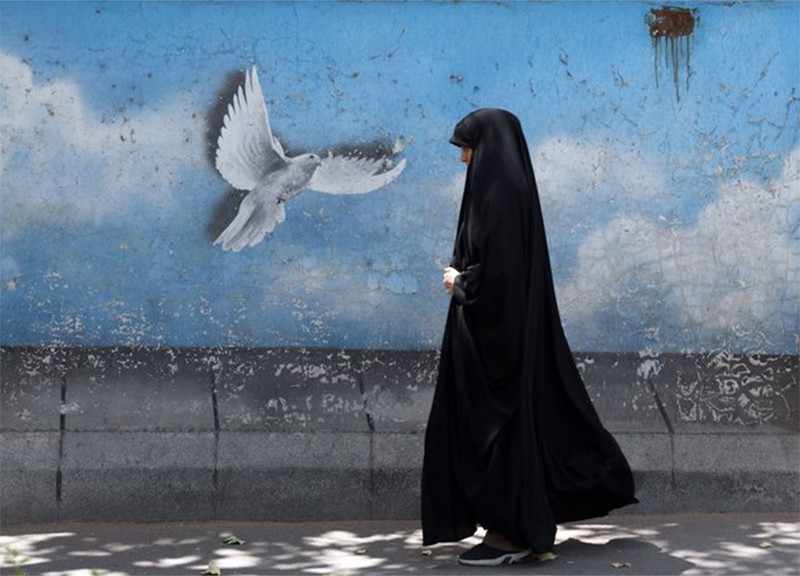
U.S. officials think Tehran is exercising restraint amid negotiations, but a breakthrough appears elusive
By Lara Seligman and Alexander Ward in Washington and Alan Cullison in Doha - WSJ
As negotiations to halt more than 10 months of fighting in Gaza drag out with no clear breakthrough in sight, U.S. officials see a silver lining: Iran and Lebanese Hezbollah have for now held off on what many feared would be a major retaliatory attack against Israel.
For three weeks, the Middle East appeared on the brink of a regional war after Iran and its proxy said they would strike back against Israel for its twin killings of a senior Hamas leader in Tehran and a Hezbollah commander in Beirut.
But no massive attack has materialized.
Biden administration officials say Iran doesn't want to interfere with U.S. and Arab mediated cease-fire talks between Israel and Hamas, in part because a deal would pave the way for the U.S. to reduce its stepped-up military footprint in the Middle East- a priority for Tehran.
The Iranians see the threat of an attack "as leverage for bringing about Israeli concessions to get the cease-fire," a U.S. official said. "They realize the opportunity here to influence things in support of their strategic aims."
Iran continues to message that it is putting off a strike as talks unfold. Iran's mission to the United Nations said a response must punish Israel and deter future strikes in the country, and "must be carefully calibrated to avoid any possible adverse impact that could potentially influence a prospective cease-fire."
A potential cease-fire isn't the only part of Tehran's consideration in weighing a potential attack on Israel. Iran also fears that directly attacking Israel for a second time this year would lead to a broader regional war, a senior administration official said. This would come at huge cost to Iran, where the economy is struggling, and likely would draw the U.S. deeper into the conflict. "They don't want to go down that path," the official said.
Tehran might not hold back indefinitely, however. Iran will respond to the killing of Hamas leader Ismail Haniyeh in Tehran, regardless of the diplomatic situation, said Steven Cook, a senior fellow for the Middle East at the Council on Foreign Relations. "It would be a strategic setback if they don't," he said. Cook added that an attack by Iran during the talks also would make it easy for Israel and Hamas to blame Tehran for a collapse in negotiations-a convenient foil for two sides that keep finding ways avoid an agreement.
On Tuesday, Alimohammad Naini, a spokesman for the Iranian Revolutionary Guard, told state media that Tehran is looking at different options, and whatever it chooses "might not be a repeat of previous operations."
In April, Iran launched more than 300 drones and missiles at Israel, but nearly all of them were intercepted by Israel, the U.S., and its allies.
U.S. officials also tout their own diplomatic and military messaging as potentially deterring Iran, at least for now. The movement of U.S. aircraft carriers and jet fighters into the region sent a clear signal to Tehran, in addition to the messages Washington sent directly and indirectly to the Iranian regime, a senior administration official said. "We know they are paying attention to our messages, we have indications," the official added.














